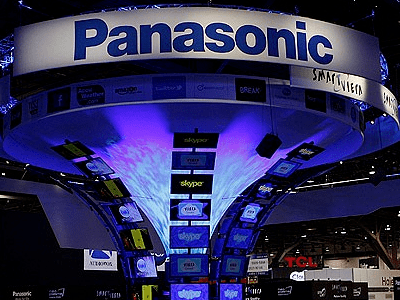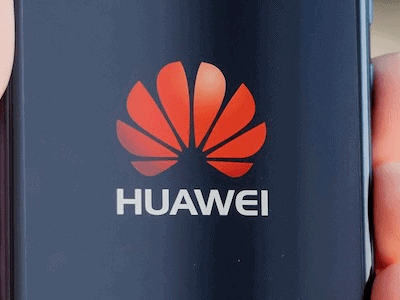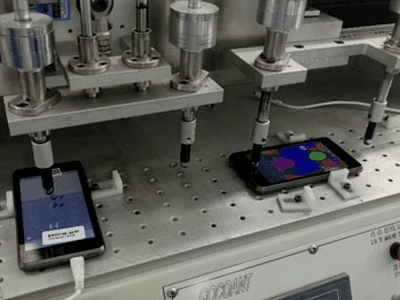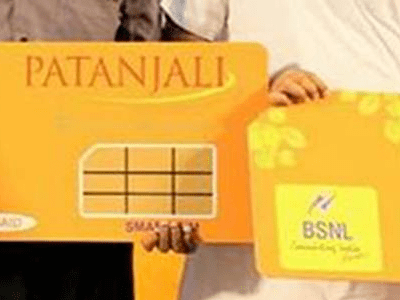Cisco’s buyout of Meraki holds important lessons for the India ESDM sector and Indian policymakers
India produces close to 10,000 PhDs every year. Government aims to double this number by 2020. But, is increasing the number of PhDs the only solution to the country’s innovation and growth problems? Currently, we are still a mass market with a deficit in the availability of the right products to fit the needs of emerging sub-segments at the bottom of the pyramid. We need more products researched, designed and developed in India to meet local needs, to be able to suitably serve our exponentially increasing demand. However, in spite of the large number of scientific and technical graduates that India’s colleges and universities churn out every year, we are not able to do so. Why is the world’s third largest resource pool of technical manpower not able to produce commercially viable products to meet the demands of an increasingly discerning consumer base? Why is it that we do not have substantive, high value, game changing IPR being created out of Indian science and technology labs?
Perhaps what we lack is a suitable alignment of our research activity with market needs. This is the lesson that emerges from the success of Meraki, which is now a ‘burst’ brand after Cisco announced its intent to acquire the company for US$ 1.2 billion in an all-cash transaction.
Sanjit Biswas and John Bicket who started Meraki out of their PhD research project Roofnet at MIT had a clear synchronisation of their fundamental research with market requirements. This is why they were able to attract a giant like Cisco within just 6 years of the inception of Meraki. This is something that India’s PhD scholars have largely not been able to zero in on, so far. Six years ago, India produced around 6,000 PhDs. But do we have even one world class product or global scale business coming out of this pool of highly qualified resources equal to the size and stature of Meraki? Unfortunately, NO!
While our fundamental research needs to be inherently strong, it must be supported by an equally well-researched, nuanced view of market needs so that it results in product / technology development that can eventually be scaled into a large, viable commercial entity. This does not mean that all our research must be at the dictates of the corporate world, but yes, business feasibility must form an important consideration while planning the research. This will directly help by increasing our reliance on indigenous products and technologies, thereby saving the country precious foreign exchange. Further, it may open up opportunities for ‘Made in India’ products and solutions in other markets around the world and help strengthen global economic collaboration.
The success of Meraki cannot perhaps be attributed only to strong fundamental research; the supporting ecosystem also has a role to play in helping convert this research into a billion dollar enterprise. But, we cannot always wait for the ecosystem to develop first. It otherwise throws us into the vicious ‘chicken or egg’ situation.
India’s business visionaries have the acumen and market understanding to be able to evaluate the potential of a product, and if they see any research being carried out that is promising they will not hesitate to nurture the same in all possible ways. So, an innovation-friendly ecosystem will develop definitely. The one thing that we really need is to conduct more focused fundamental research and have the vision of converting the output into a ‘world class’ product. So let us aim at churning out more “Doctorates of Productiphy” instead of “Doctorates of Philosophy”. The former sounds more action-oriented and is the need of the times, as the world struggles with economic uncertainty and slowing GDP growth rates.
Rather than being focused on excellent academic research that eventually becomes another ‘gem’ in a library and academic circles, let us learn from the success of Meraki as the way forward to solve our macro socio-economic issues. Even if India is able to create one ‘Meraki’ every year out of the pool of 10,000 PhDs, we would have made a real and meaningful difference to the lives of the current and future generations.












